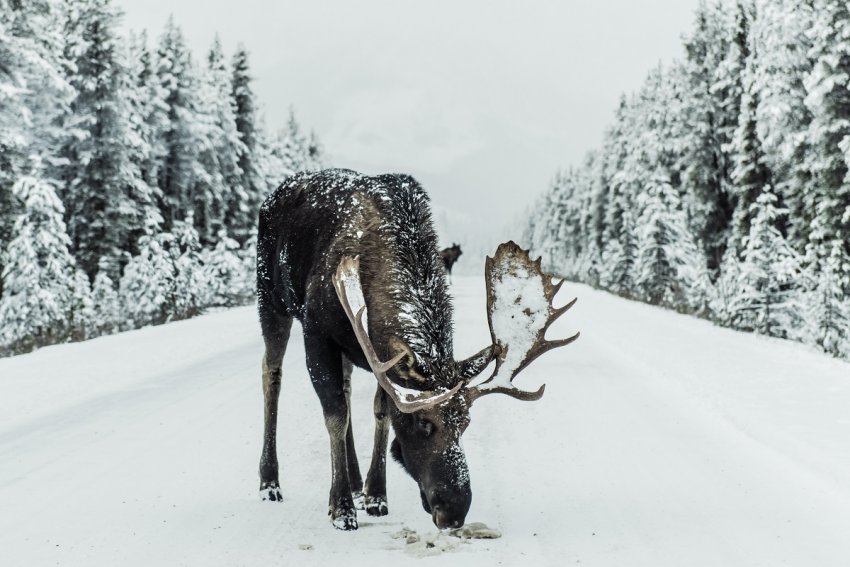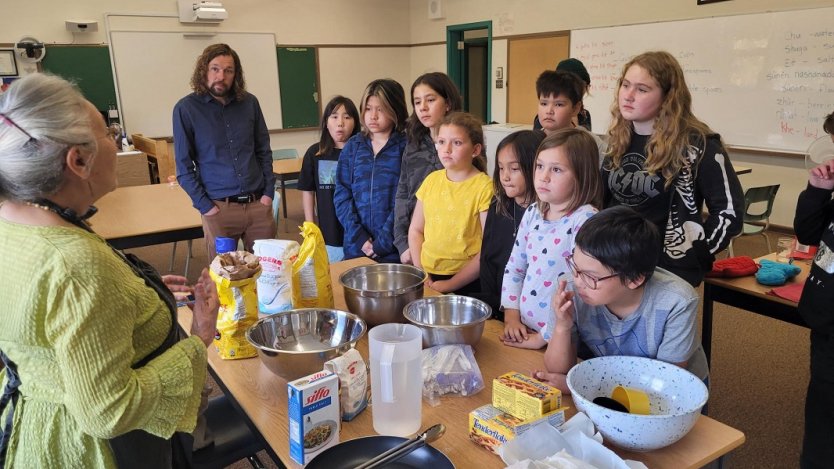Although the Canadian news week has once again supplied its share of concerning stories with regards to food bank usage and the continual spread of avian flu, we’ve sifted through the headlines to find a few more notable stories that you may have missed.
From the always-controversial Chick-fil-A announcing plans for a massive Canadian expansion to an innovative First Nations school food program finding resounding success in the Yukon, to a deep dive on the veracity of food labels, here are five of the most interesting stories we've come across over the past week.
Chick-fil-A announces plans for Canadian expansion

U.S.-based fast food chain Chick-fil-A announced this week that it plans to expand its Canadian restaurant base from six locations to around 30 by 2026. While an American fast food chain coming to Canada always tends to evoke a variety of responses, those of us that remember Chick-fil-A’s openly anti-LGBTQ2 activism in the not-so-distant past aren’t exactly rushing to welcome the company with open arms.
Head to CTV News for more.
The facts and fiction about food labels

CBC Marketplace recently did an interesting dive into the veracity of various food label claims and found that the majority were in fact misleading. Perhaps even more interesting—or at least more entertaining—were the responses the companies returned when asked by CBC to comment on its findings.
Find a full breakdown on the investigation here and check out the companies' comments here.
Yukon First Nations see success with innovative school food program
An innovative school food program from the Yukon First Nations Education Directorate that seeks to reduce food insecurity among Indigenous children is being heralded as a huge success.
In addition to feeding daily lunches over the past few months to well over a thousand Indigenous children across the territory, the program has also helped to increase students’ attendance and engagement.
Visit the National Observer for the full story.
Newfoundland and Labrador look to make Sharing the Harvest initiative permanent

More Canadians are using food banks than ever before, and while there have been a variety of approaches from provinces to meet the demand, Newfoundland and Labrador have been combating food insecurity by temporarily allowing hunters to donate game meat to food banks across the province.
This week, a legislative change was put forth to make the Sharing the Harvest initiative permanent. Though there are a few regulatory hoops and hurdles the hunters must pass through before they can donate, the region's hunting community seems eager to continue contributing to the cause.
Head to CTV News for more.
Canada slow to ban the live exports of horses for slaughter

Despite a call from Prime Minister Justin Trudeau to end the live exports of horses for slaughter in 2021, the process of actually enacting the ban is taking far longer than many had hoped.
Reservations about eating horse meat notwithstanding, Canada is one of the world’s largest exporters and many believe the inhumane conditions live horses face when shipped overseas is akin to torture.
Read the full story at Saltwire.













